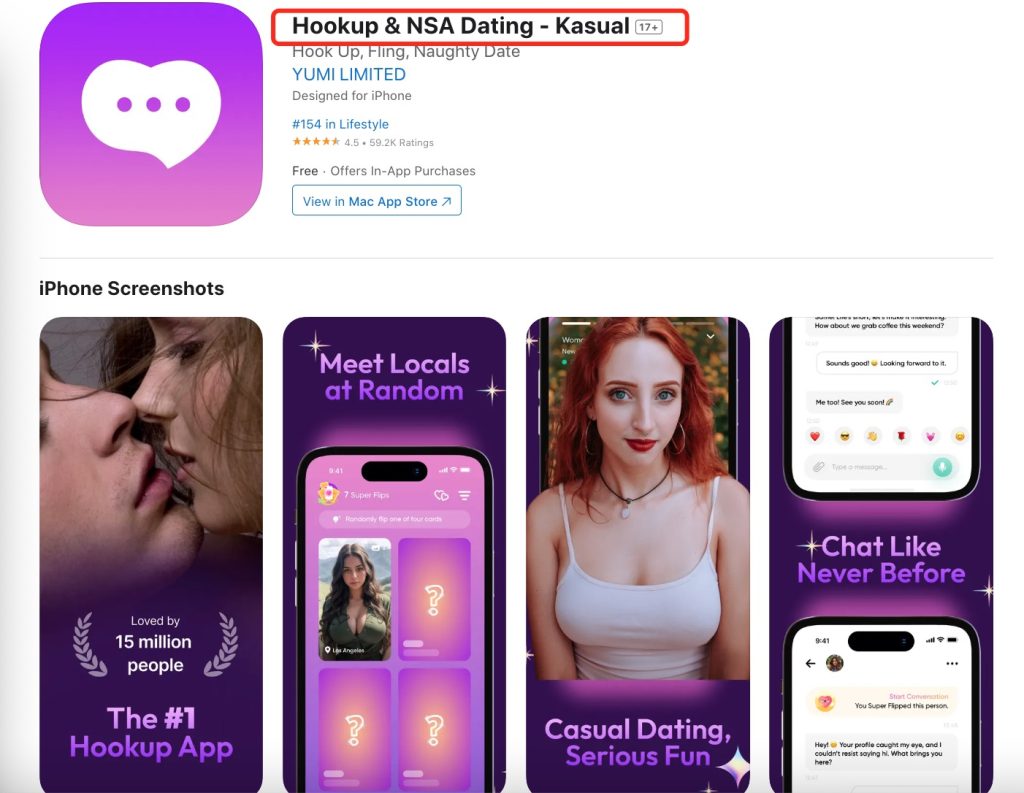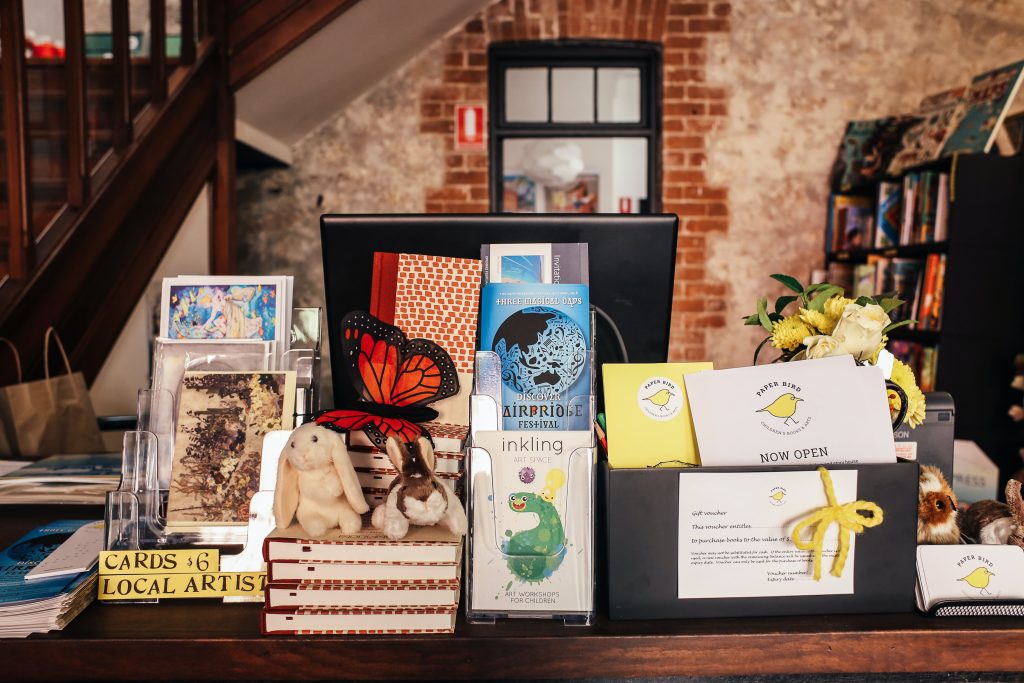1. Embracing Introversion: Discovering Your Unique Traits
🫧Embracing Your Introversion
- Accepting Yourself
Introversion is not a flaw; it’s a unique aspect of your personality. Embrace your introversion and recognize it as a special part of who you are.
- Understanding Introverted Strengths
Introverts are often thoughtful, good listeners, and observant. Acknowledge these strengths and turn them into your advantages.
- Setting Personal Boundaries
Introverts may be more susceptible to external stimuli, so establishing clear personal boundaries is crucial. Learn to protect your space and time.
- Finding Like-Minded People
Seek those who understand and appreciate your introverted qualities in social settings. Build meaningful connections with people who genuinely understand you.
- Respecting Your Own Pace
Introverts tend to prefer deep conversations over excessive social activities. Respect your own pace and don’t feel pressured to conform to others’ expectations.
- Cultivating Self-Care
Dedicate some alone time for activities you enjoy. Foster your emotional well-being through self-care practices.
- Learning to Express
Being introverted doesn’t mean avoiding self-expression. Learn to articulate your thoughts and feelings appropriately, helping others understand you better.
- Developing Hobbies
Cultivate profound interests and hobbies that not only connect you with others but also showcase your unique charm.
- Seeking Support
If introversion poses challenges, don’t hesitate to seek support. Communicate with friends, family, or professionals about your feelings.
- Being Kind to Yourself
Introverts might be prone to self-blame. Practice self-compassion and avoid being too hard on yourself for being introverted. Believe in your own value.
🫧Discovering Your Traits
- Thoughtfulness
Introverts are often thoughtful, analyzing situations and making considerate decisions.
- Listening Skills
They are good listeners, attentive to others’ viewpoints and feelings.
- Independence
Introverts tend to be more independent, capable of completing tasks alone and finding satisfaction in solo environments.
- Strong Focus
Introverts can concentrate well, focusing on specific tasks or interests with high efficiency.
- Creativity
Introverts may excel in creative expression, generating unique perspectives and ideas in solitary environments.
- Profound Emotional Experience
Introverts often have deeper emotional experiences, expressing and understanding emotions more delicately.
- Introspection
They lean towards introspection, contemplating their feelings, values, and beliefs with strong self-awareness.
- Loyalty
Introverts may emphasize deep interpersonal relationships, exhibiting high loyalty in close friendships and romantic connections.
- Problem-Solving Skills
They prefer resolving issues through thought and analysis, showcasing strong problem-solving abilities in complex situations.
- Adaptability
Introverts usually adapt well to independent environments, having advantages in solitary work and study.
- Literary and Artistic Inclination
Some introverts may have a penchant for literature, art, and creative expression, possessing a rich inner world.

2. Creating Meaningful Connections for Introverts in Dating
- Expressing Yourself Authentically
In dating, be true to yourself by sharing your thoughts, feelings, and experiences. Open up and let the other person get to know the real you.
- Active Listening
Pay attention to the words and emotions of the other person, expressing genuine interest and respect. Active listening forms the foundation for building deep connections.
- Sharing Common Interests
Find topics or activities that both of you are interested in. Common interests serve as bridges to establish connections.
- Showing Care
Demonstrate care for the other person. Show your concern not just through words but also through actions.
- Resonating with Emotions
Understand and resonate with the other person’s emotions during communication. This enhances mutual understanding and closeness.
- Deep Conversations
Engage in deeper conversations, sharing inner thoughts, beliefs, and dreams to establish a closer bond.
- Acceptance
Embrace the uniqueness of the other person, appreciating both strengths and weaknesses. Genuine connections are built on acceptance and respect.
- Building Trust
Trust is the cornerstone of meaningful connections. Consistency, honesty, and reliability gradually establish trust between both parties.
- Quality Time Together
Share real-time experiences, whether it’s joyful moments or facing challenges together. This deepens the emotional connection.
- Mutual Support
Extend a helping hand when needed, facing life’s challenges together. This strengthens the bond between you.
- Maintaining an Open Mind
Keep an open mind toward new ideas, perspectives, and experiences. Be willing to embrace the uniqueness of the other person.
- Continuous Communication
Cultivate healthy communication habits, expressing your feelings and needs in a timely manner to avoid communication breakdowns.
3. Navigating Social Situations Within Your Comfort Zone
- Understanding Your Comfort Zone
In social situations, it’s crucial to recognize your social comfort level. Find a degree of interaction that suits you without pushing yourself too hard.
- Setting Small Goals
Establish small goals in social settings, such as engaging in deep conversations with one or two people. Gradually expand your social circle to adapt.
- Seeking Like-Minded Individuals
Look for people within your community who share similar interests or personalities. This makes it easier to build deeper connections.
- Utilizing Social Media
Use social media platforms to express yourself independently, building an online social circle that can gradually extend to offline interactions.
- Practicing Social Skills
Actively practice social skills, such as initiating conversations and maintaining them. This will boost your confidence in social situations.
- Choosing Suitable Settings
Opt for social settings that suit you, avoiding large gatherings and favoring smaller, more intimate gatherings.
- Having an Exit Plan
If you feel uncomfortable in social situations, have an exit plan in place. This way, you can leave at any time, relieving pressure.
- Cultivating Confidence
Build confidence through self-affirmation and a positive mindset. Believe that you can authentically and interestingly present yourself in social settings.
- Staying True to Yourself
Authenticity is crucial in any social setting. Don’t compromise your true self to fit in with others.
- Self-Acceptance
Self-acceptance is an ongoing process. Understanding that you are unique and valuable makes it easier to feel secure in social situations.
- Building Deep Connections
Strive to establish deep connections with people rather than shallow interactions. Such relationships are more likely to be lasting and meaningful.
- Seeking Support
If you feel anxious or stressed in social situations, seek support from friends or professionals to share your feelings.
4. Setting Self-Protective Boundaries in Dating Social Interactions
- Clarifying Your Needs
Understanding your needs forms the foundation for setting boundaries. Clearly knowing what you require in terms of space, time, and emotions is essential.
- Learning to Say “No”
Master the art of refusing things that don’t align with your needs or make you uncomfortable. Saying “no” is a crucial means of preserving your boundaries.
- Expressing Opinions and Feelings
Learn to express your opinions and feelings clearly and respectfully. This helps others understand your boundaries and avoids misunderstandings.
- Establishing Personal Space
Whether at work or in life, creating designated personal space is crucial. Ensure you have time for solitude and recovery from external interference.
- Implementing Time Management Strategies
Define work and rest times, avoiding excessive dedication to work or being overly consumed by others.
- Polite Refusal
When others make requests, you can politely decline without harming the relationship. For example, express gratitude but explain why you cannot fulfill the request.
- Setting Social Media Boundaries
Set boundaries on social media, control your online time, and avoid unnecessary interference and information overload.
- Protecting Personal Information
Safeguard your personal information, only share what you feel comfortable disclosing. Not everything needs to be made public.
- Handling Criticism and Blame
When faced with criticism or blame that touches your boundaries, learn to handle it calmly and wisely to avoid excessive emotional reactions.
- Establishing Emotional Boundaries
Set emotional boundaries in relationships to ensure you don’t become overly invested or dependent on others.
- Regular Self-Reflection
Regularly assess whether your boundaries are being respected and maintained. If needed, adjust and reset them promptly.
- Seeking Support
If you feel your boundaries are being violated, seek support and advice from friends, family, or professionals.
KASUAL
The Anonymous App for Casual Dating

5. Taking the First Step: Initiating Dating as an Introvert
- 🫧Social Media
Features: Social media provides an online platform to easily connect with others, learn about their interests, and get a glimpse into their lives.
Suggestions: Actively engage in discussions, join interest groups, initiate interactions, and showcase your authentic self on the platform.
- 🫧Bars and Nightlife Venues
Features: Bars and nightlife venues are places for people to relax and socialize, making them great social hubs.
Suggestions: Try attending themed parties or events for a more relaxed atmosphere to meet new friends, but always prioritize safety and drink in moderation.
- 🫧Parties
Features: Attending parties offers a great opportunity to meet new people, especially at private parties introduced by friends.
Suggestions: Keep an open mind, actively participate in conversations, and you might discover people with shared interests.
- 🫧Volunteering
Features: Volunteering is a meaningful way to meet like-minded people while contributing to a cause you care about.
Suggestions: Choose a field you genuinely care about, meet people with similar values through volunteer work.
- 🫧Social Groups and Clubs
Features: Joining social groups or interest clubs allows you to connect with people who share similar interests.
Suggestions: Find clubs or groups that match your interests, participate in activities regularly, and gradually become part of the community.
- 🫧Courses and Training Classes
Features: Attending courses or training classes provides an opportunity to learn new skills while meeting new people.
Suggestions: Choose courses that interest you, share your opinions with classmates, and actively engage in class discussions.
- 🫧Friend Introductions
Features: Friend introductions are a reliable way because your friends understand both you and their friends.
Suggestions: Express your interest in meeting new friends through introductions from your existing friends.
- 🫧Public Events and Gatherings
Features: Participating in public events and gatherings, such as markets or concerts, provides an informal social setting.
Suggestions: Initiate conversations, share your thoughts on the event, and you might encounter interesting people.
- 🫧Traveling and Vacation
Features: During travel and vacations, you step out of your usual social circle, making it easier to reveal various aspects of yourself. It’s an excellent way to make friends worldwide, expanding your social circle and highlighting your personality.
Suggestions: Forget all labels, enjoy the journey, and embrace your personality boldly to make new and diverse friendships.
6. Choosing Quality Over Quantity: Enhancing Depth in Dating
- Deep Conversations
Engage in meaningful and profound conversations with each other, focusing on inner feelings, interests, and values rather than superficial and trivial topics.
- Intimate Activities
Opt for small and intimate activities such as wine tasting, painting, or attending small concerts to create a quiet and close atmosphere.
- Respect for Personal Space
Respect each other’s personal space, avoiding overly crowded or active settings and allowing for a certain degree of freedom.
- Shared Interests
Find common hobbies and interests, as it helps establish a deep resonance in areas both parties enjoy, enhancing the depth of the connection.
- Small Group Gatherings
Choose small group gatherings over large social events, creating a more comfortable environment for introverts to express themselves.
- Silence Speaks Volumes
In relationships, moderate silence can be a sign of understanding and harmony. There’s no need to insist on continuous conversation, allowing for more freedom.
- Creating a Sense of Security
Foster a sense of security during dates, allowing the other person to feel they can authentically express themselves and building deeper trust.
- Thoughtful Planning
Thoughtfully plan each date, considering the other person’s interests and preferences to make activities align with both parties’ expectations.
- Slow the Pace
Take it slow in the progression of the relationship, avoiding the rush to define the connection, and giving both individuals more time to understand and adapt.
- Timely Communication
Engage in timely and open communication, expressing feelings and expectations to facilitate a deeper understanding.
7. Building Confidence in Dating for Introverts
- Accepting Yourself
Being introverted is not a flaw but a unique personality trait. The first step is to accept yourself and understand that being introverted doesn’t hinder your ability to find a suitable partner in dating.
- Recognizing Your Value
Understand your strengths and value; don’t underestimate yourself because of introversion. Everyone has unique qualities, and introverts can showcase their charm in dating.
- Setting Realistic Expectations
Avoid demanding yourself to behave like an extrovert in social situations. Set realistic expectations, gradually challenge yourself, and expand your comfort zone over time.
- Choosing Comfortable Settings
Select dating venues that suit you, such as quiet cafes, cultural events, or small gatherings. It’s easier to reveal your true self in a relatively relaxed environment.
- Utilizing Common Interests
Finding common interests is a great way to build a connection. Sharing genuinely interesting things to you makes it easier to establish a deep connection with others.
- Using Social Media
Establish your presence on social media by showcasing your interests and uniqueness through words or pictures. It can be a low-pressure way to demonstrate confidence.
- Learning to Express Yourself
In dating, learn to express your feelings, thoughts, and needs actively. It not only helps build deeper communication but also allows the other person to understand you better.
- Seeking Support System
Stay connected with friends or supportive social groups, share your experiences and feelings, and receive support and encouragement.
- Cultivating Social Skills
Learn some basic social skills like smiling, eye contact, and polite language to boost confidence during dates.
- Not Fearful of Rejection
Accept the possibility of facing rejection; don’t interpret it as a personal failure. Each experience is an opportunity for learning and growth.
- Seeking Professional Help
If introversion significantly hinders your social life, consider seeking psychological counseling or social skills training. Professional help can assist you in better coping with social challenges.
8. Fostering Intimacy: Nurturing Connections in Dating
- Intimate Date Spots
Choose small and cozy places for dates, like quiet cafes, beautiful parks, or comfortable bookstores. These environments help create a romantic atmosphere.
- Deep Conversations
Introverts often excel in deep conversations. Opt for quiet places to share inner thoughts, feelings, and dreams. Through profound communication, you can establish a deeper connection.
- Artistic Creativity
Utilize personal artistic creativity, such as writing love letters, creating small gifts, or participating in artistic activities together. These creative expressions add a touch of romance to the relationship.
- Group Activities
Engage in small social or group activities to meet new friends in a relaxed atmosphere. It also provides opportunities to build romantic connections.
- Common Interests
Find shared hobbies by joining small interest groups or activities. This allows you to meet like-minded people in a comfortable environment.
- Intimate Movie Night
Spend a cozy movie night at home, selecting romantic or sentimental films to share emotions together.
- Mutual Support
Support each other’s personalities and preferences in the relationship, providing a space where both can express themselves authentically.
- Nature Exploration
If you both enjoy nature, choose serene outdoor locations to explore the beauty of nature and enjoy peaceful moments.
- Artistic Creation
Express emotions through artistic creation, such as painting together, writing poetry, or participating in other art projects.
- Book Sharing
If you both love reading, pick a book to read together, then share your thoughts and interpretations.
Please remember:being introverted is not a flaw but a unique aspect of your personality to take pride in!






